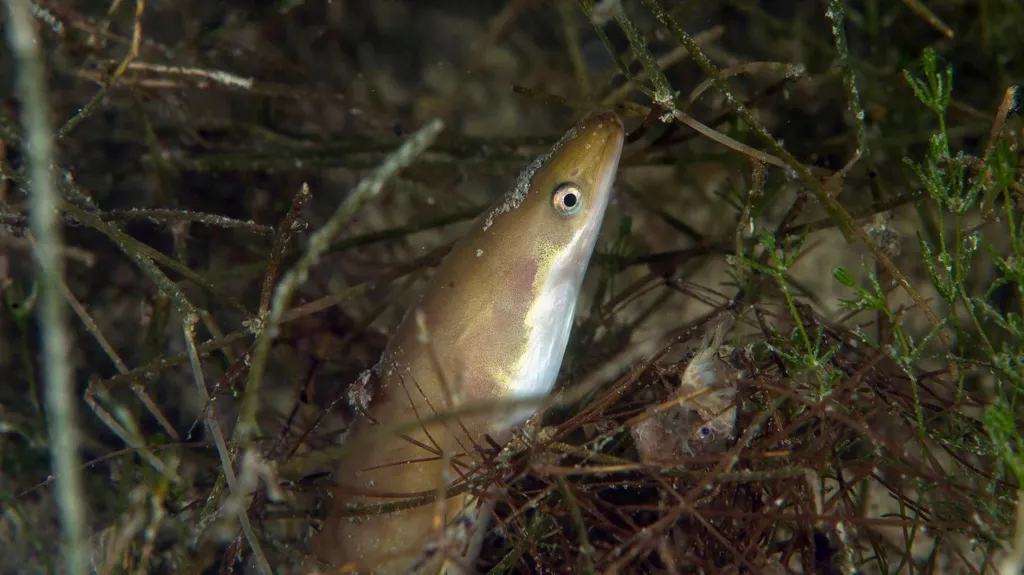The fishing industry on Lough Neagh is "a victim" of the environmental challenges facing the lough, politicians have been told.
The comments by representatives of the Lough Neagh Fishermen's Co-operative came as eel fishing in Lough Neagh was temporarily paused.
According to the Co-operative, the pause was because the quality of the catch wasn't good enough.
The season started on 5 May, but was suspended on 12 May.
Lough Neagh eel is 'the ultimate'
The Co-operative plans to resume fishing on 9 June, depending on its own assessments of the quality.
Speaking at the Agriculture, Environment and Rural Affairs committee meeting this morning, CEO Kathleen McBride said the Lough Neagh eel was marketed as "the ultimate", as a product with Protected Geographical Indication status since 2011.
"I have a sample catch scheduled for every week now until the week before the 9th.
"We will gut these ourselves and try and assess them as best we can to see, and we'll work very closely with our markets in Holland to see is it what they're expecting, is it what they're needing?"
She added that, while the science did not show a major decrease in the fat content of the eel, "our customers are telling us there's a significant decrease".
"Our markets are very concise and extremely fussy about the quality of eel they get."
Ms McBride said the current situation is "unprecedented".
Moving forward, she said the Co-operative will closely monitor the situation by communicating with stakeholders and by sampling the eels.
"We can just deal with what we have on a day-to-day basis."
The former CEO of the Co-operative, Pat Close, told the committee the fishing industry on Lough Neagh was probably "collateral damage" from the other environmental challenges facing the lough.
"There are many, many external factors and influences over which we have no control, or indeed had much consultation if any about, but that has led to a situation where the fishing industry is probably collateral damage and certainly a victim in this situation because of the impact all of these things have had on the fish quality, particularly the fat content."
Most of the eel catch is exported to the Netherlands, where it is smoked.
The rest of the catch is sent to England.
The Agri-Food and Biosciences Institute said it had been "due to begin collecting samples on behalf of the department on the 13th of May".
It added that because of the suspension, it was "therefore not able to assess the condition of any eels caught since fishing commenced and are not in a position to comment."
